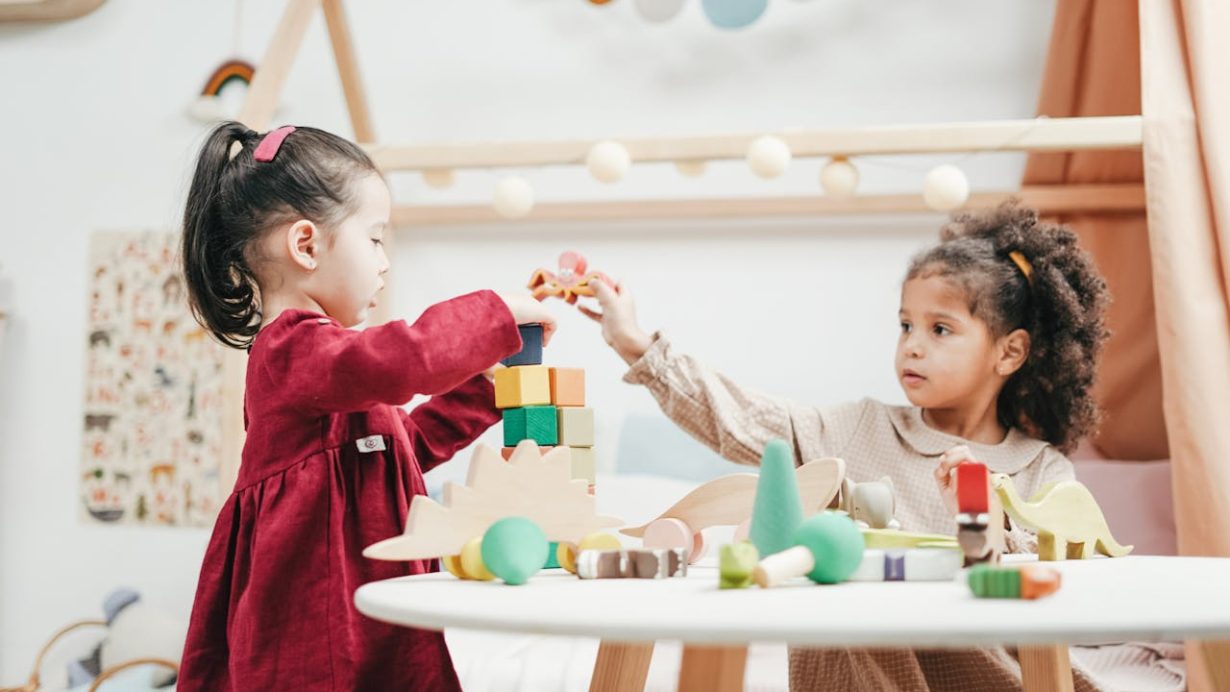For children on the autism spectrum, social experiences can be both rewarding and challenging. Playdates, when planned thoughtfully, create valuable opportunities for connection, communication, and growth. While every child’s comfort level is different, parents can help make social time safe, structured, and enjoyable at home.
Why Social Play Matters
Play is how children learn about the world. Through games, shared activities, and pretend play, they practice communication, turn-taking, problem-solving, and empathy. For autistic children, playdates can offer gentle ways to develop these skills within predictable settings.
Unlike large group activities, home playdates allow for more control over noise, transitions, and routines. This familiar environment reduces anxiety, making it easier for children to explore social interaction at their own pace.
Preparing for a Successful Playdate
The best playdates start with preparation. Because many children with autism thrive on structure and routine, clear expectations and advance planning help build confidence.
- Choose the right friend: Begin with one peer your child already knows and feels comfortable with.
- Keep it short: A 30- to 60-minute playdate is plenty for early experiences.
- Plan transitions: Let your child know when the friend is arriving and when the playdate will end.
- Offer choices: Give a short list of games or activities to choose from — familiarity helps reduce stress.
- Create a calm space: Have a quiet area ready where your child can take breaks if needed.
Communicate with the other parent beforehand. Explain your child’s preferences, sensitivities, or any strategies that help them feel comfortable.
Fun and Inclusive Play Ideas
- Sensory Play: Water tables, textured bins, or kinetic sand encourage shared exploration without relying on conversation.
- Building Games: Blocks, LEGO sets, or magnetic tiles support collaboration and problem-solving.
- Art and Music: Simple art projects, coloring, or rhythm games create connection through creativity.
- Outdoor Play: Swings, chalk drawing, or backyard obstacle courses allow movement and sensory regulation.
- Shared Interests: If your child has a strong interest, such as trains, animals, or puzzles, use it to guide play themes.
Keeping activities predictable and low-pressure ensures that both children enjoy themselves while building trust.
Managing Challenges Gracefully
Even well-planned playdates can have tough moments. If frustration, overstimulation, or misunderstandings arise:
- Offer quiet breaks before meltdowns happen.
- Use visual cues or short phrases to guide transitions.
- Praise cooperative play and positive social moments.
- End on a calm note, even if the session was brief.
Remember that success isn’t measured by how long the playdate lasts but by whether your child feels safe and understood.
Building Social Skills Over Time
Progress may be gradual, but consistency makes a difference. As comfort grows, expand playdates to include more peers or new settings—perhaps a familiar park or community center. Encourage your child to reflect afterward: “What did you like best?” or “What would you like to do next time?”
Reinforcing positive memories helps strengthen motivation for future interactions. Over time, playdates can evolve from guided sessions to genuine friendships.
Creating a Supportive Social Home
Home should be a safe laboratory for learning social skills. Setting aside regular “social time” each week — whether for family games, pretend play, or quiet shared hobbies — builds familiarity with give-and-take interaction.
When parents model empathy, patience, and humor, children learn those same values naturally.
Photo by cottonbro studio: https://www.pexels.com/photo/girl-in-red-dress-playing-a-wooden-blocks-3662667/







